Negotiations with the United States over the Iran deal have already failed.
By Hossein Jelveh
(Hossein Jelveh is an Iranian journalist based in Tehran. He has graduated with a master’s degree from the Faculty of World Studies at the University of Tehran. You can follow him on Twitter @hossein_jelveh.)
Diplomatic presence was substantial at Hotel Imperial and Grand Hotel Wien in the Austrian capital in March and April this year. Special guests at the two venues — high-level diplomats from Iran, Europe, Russia, China, and the United States — almost consecutively scrambled to negotiate a potential return of the United States to the 2015 Iran nuclear deal. Security was of course tight, and the negotiations were held behind closed doors, but that did not stop journalists from doing their work.
President Joe Biden of the United States had just taken office, and, both because he was seen as willing to breathe new life into his former boss President Barack Obama’s legacy and because he had said so, he was presumed willing to return the United States to the Iran deal, which his predecessor, Donald Trump, had withdrawn America from in 2018. While there was much hope about that willingness, and it was believed that he would simply return to full compliance with the agreement, there was little information about how that intent would actually and technically play out.
In his final days in office, Trump had reportedly attempted to make a return to the Iran deal difficult, including by introducing sanctions on Tehran under labels that would be difficult for Biden to abolish without some political cost. But the new president exuded confidence and looked undeterred. The only matter seemed to be negotiating the technicalities of removing the complicated web of sanctions that Trump had piled on Iran.
As the negotiations began, precious little information trickled out — often via the negotiators themselves, who seemed to imply that while there were differences, a revival of the Iran deal in its original 2015 form was on the horizon.
But that was not the case, according to reporting by Press TV. In the course of the Vienna negotiations, Press TV tapped a number of sources to report that President Biden’s negotiating team was insisting on a set of demands that Tehran had previously made abundantly clear were unacceptable. Press TV cited the sources — whose identities it did not disclose — to report that the Americans were demanding a “step-by-step” return to the agreement they had unilaterally and abruptly abandoned, leaving Iran to suffer economic consequences, what the Americans called “choreographing” a revival of the deal. Press TV also cited an informed source to report that the Americans were not ready to agree to lift hundreds of sanctions that had been lifted under the Iran deal but that had been reintroduced by Trump after his withdrawal.
Then, on April 20, Iran’s lead negotiator, Abbas Araqchi, who is also deputy foreign minister in the Rouhani administration, wrote this on Twitter: “I don't know who the "informed source" of Press TV in Vienna is, but s/he is certainly not "informed",” officially rejecting Press TV’s reporting as false and dismissing the source.
For an Iranian official, himself deeply involved in the Vienna negotiations, launching a public attack on Press TV was in itself bizarre. Still stranger was for him to deny the truth. Press TV’s reporting was confirmed shortly afterwards, as the Vienna negotiations effectively ground to a halt and officials gradually spoke out about the details.
In the last meeting with President Hassan Rouhani’s cabinet — a champion of the diplomacy with the United States — on July 28, Leader of the Islamic Revolution Ayatollah Seyyed Ali Khamenei revealed that the Biden administration’s negotiating team had adopted the usually hostile posture against Iran. Kazem Gharib-Abadi, Iran’s permanent representative at international organizations in Vienna, who had been present at the Vienna talks as a member of the Iranian negotiating team, provided specific details in an interview with the Leader’s website on the same day.
In the latest round of the Vienna talks, Gharib-Abadi said in the interview, the Americans had conditioned the removal of a number of sanctions — which technically they would have been obligated to remove under the Iran deal — to the inclusion of a new clause in the agreement that would have opened the door to negotiations with Iran to curtail its missile and regional power.
“Their goal is to move to these topics quickly after an agreement is reached [on the revival of the nuclear deal] and regard that as an indispensible part of the nuclear deal, pave the way for their interference in those areas, and blame Iran wherever they failed to proceed and then prepare the climate for more pressure on Iran on other pretexts,” he said.
Gharib-Abadi said the US had also refused to remove the sanctions that Trump had imposed on some 500 legal and natural entities, a sign, he said, that the Biden administration was determined to use “the cards handed to it by the former [US] administration and was also following the policy of maximum pressure against Iran.”
The Iranian official also confirmed that the US had refused to provide a guarantee that a unilateral withdrawal à la Trump would not take place again. “They even did not agree to consider a certain period of time for the continuation of the business of firms that enter into trade and business with Iran so that in the event of a problem with the… agreement, they (the firms) would be able to fulfill their business without fear of extra-territorial sanctions.”
A week earlier, Foreign Minister Javad Zarif, seen as the Iranian architect of the deal, wrote in a compilation of documents of Western non-compliance with the Iran deal that was sent to the United Nations Secretary-General Antonio Guterres that the United States had been violating the deal even under President Obama — who initiated the diplomacy with Iran that culminated in the deal.
An otherwise fierce and visceral advocate of diplomacy, Zarif said most notably that his experience as the Iranian foreign minister and the person in charge of the diplomacy had left him struggling with his faith in diplomacy. If the United States can disappoint Zarif, a lifetime voice of convergence among nations, the United States can disappoint anyone. Iran’s new president, Ebrahim Raeisi, is already a practicing disbeliever in American trustworthiness. With the experience of the Rouhani administration and Zarif before him, he cannot be imagined spending much time with the Americans — in Vienna or elsewhere — to revive the Iran deal, precisely because the Iran deal is not revivable as long as America thinks it can bully its way to extracting every concession from Iran.
Let’s face it. This is in the United States’ DNA.
As Zarif wrote in his letter to the UN secretary-general, “the U.S. and the E3 (France, Germany, and the United Kingdom) never considered it necessary to engage in legal and fact-based dialogue and discourse, relying solely on their political, diplomatic, economic, and military might to carry the day for them when the chips were down.”
*
The New York Times reported late last month that Americans were so optimistic that another round of negotiations with Iran would be held in Vienna in June “that a leading American negotiator left his clothes in storage at a hotel in Vienna, where the talks took place through European intermediaries.” Pitiable! No American official should be that confident ever again. Any negotiations with the United States to revive the Iran deal, if the United States comes to the table with the same attitude and set of demands, have already failed. And the Americans will have no one to blame but themselves. That will be the case even if President Raeisi does engage in exploratory talks with the US and the Americans come unchanged.
Zarif said he hoped that the experience with the Iran deal “and the history of its [non-] implementation… will teach an important lesson: that maximalist positions will lead to failure, for all.” And let us add: every time.
(The views expressed in this article do not necessarily reflect those of Press TV.)
VIDEO | Press TV's news headlines
VIDEO | Iran honors top Science Olympiad medalists
VIDEO | Austrians arrested at Gaza protest in Vienna
10 killed in bus crash in western Iran
VIDEO | One-man-band journalism with Civili
5 Israeli forces killed as Palestinian fighters face up to regime’s war machine
VIDEO | An insider's view of the country: Persian Tahini, Royan in Mazandaran
VIDEO | Israeli settler killed during strike against Tel Aviv; fresh aggression targets Yemen’s capital


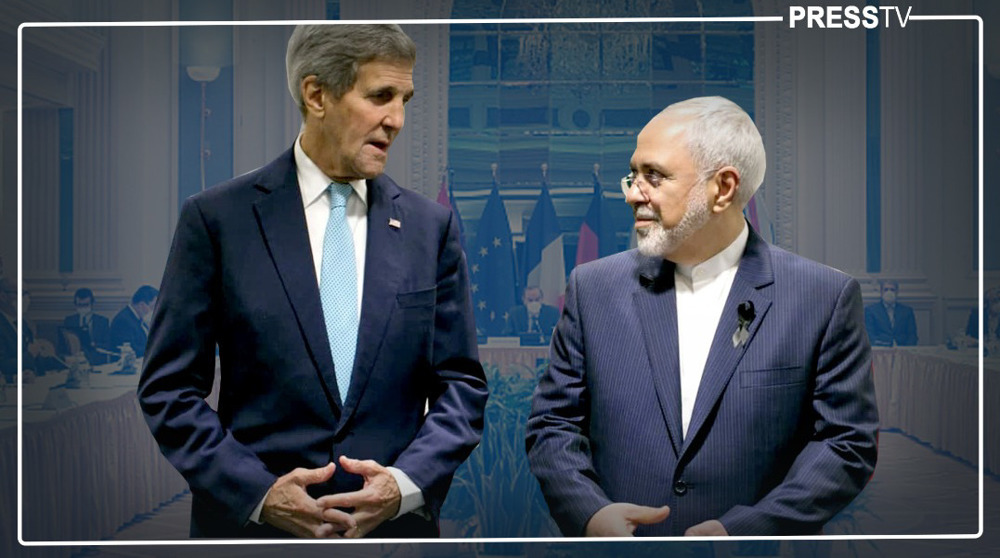
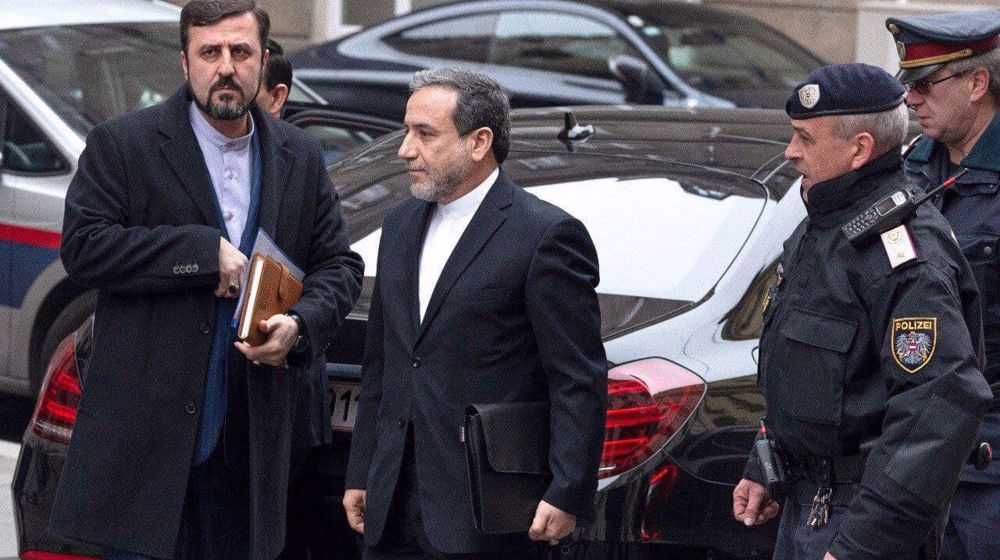
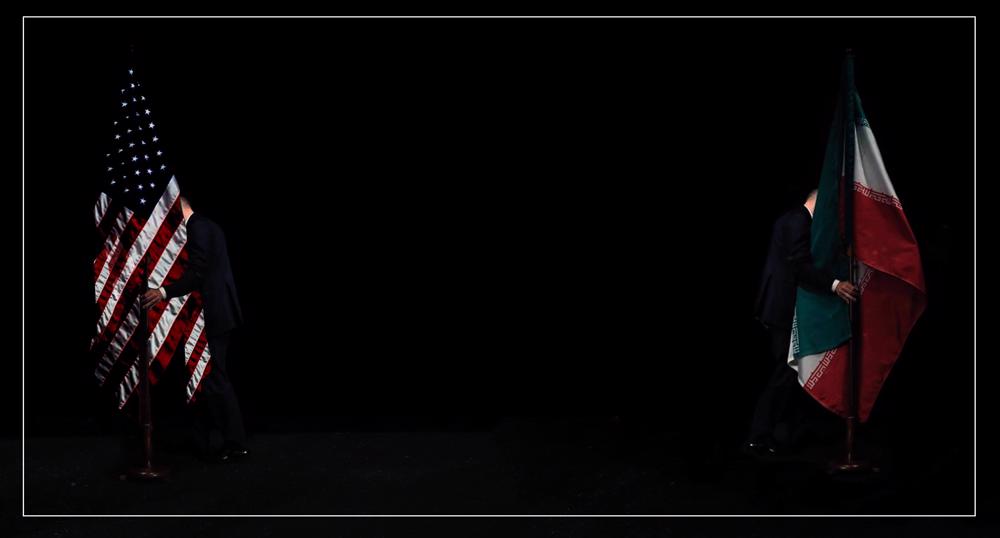
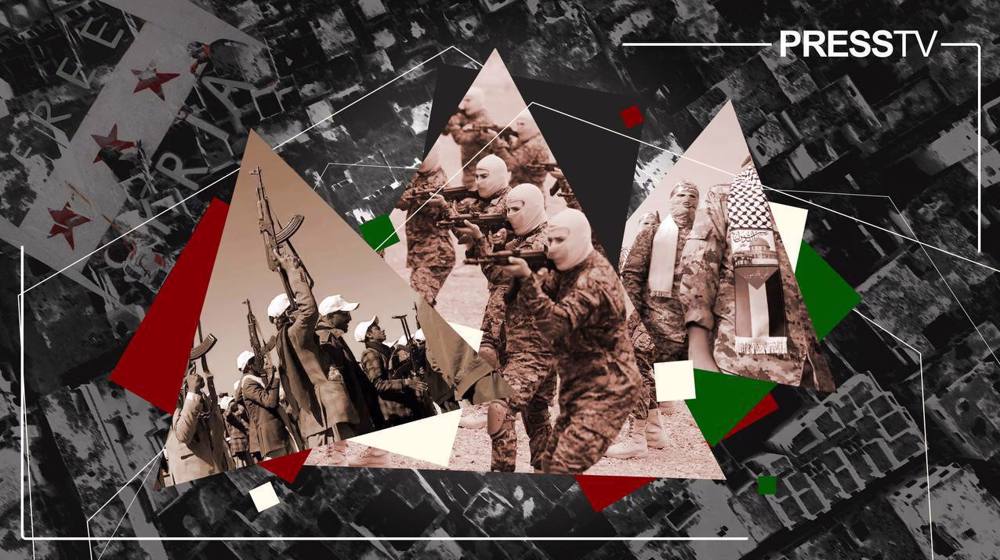
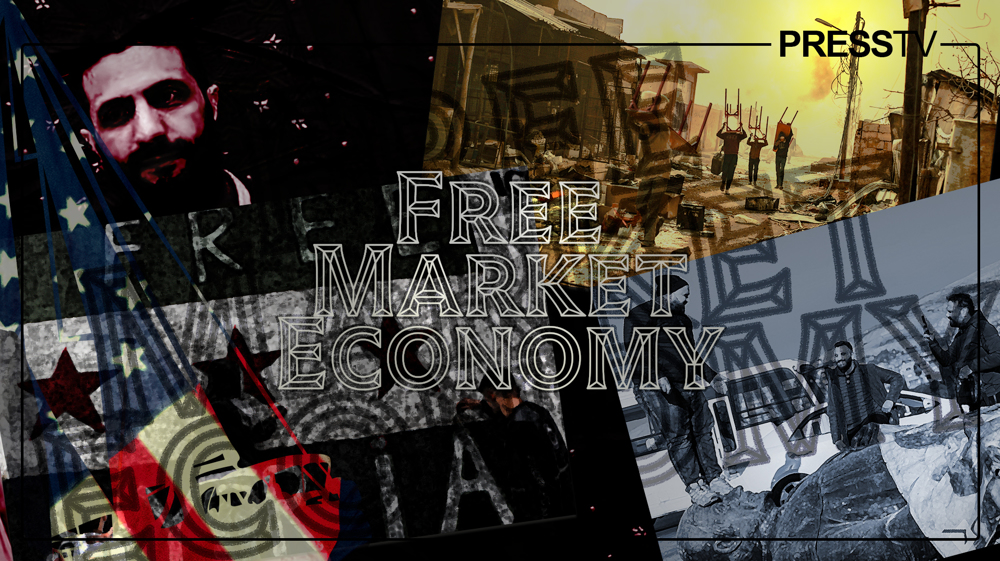
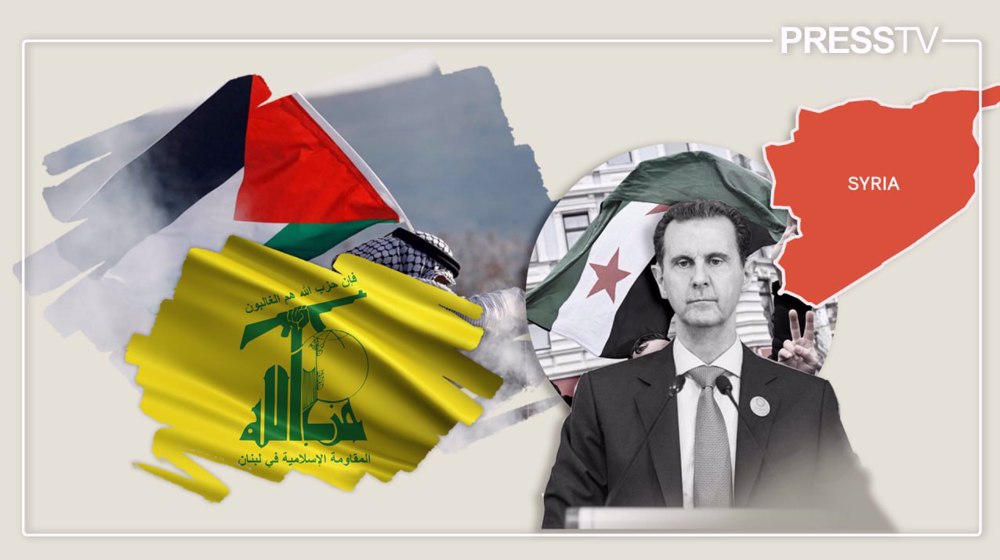




 This makes it easy to access the Press TV website
This makes it easy to access the Press TV website